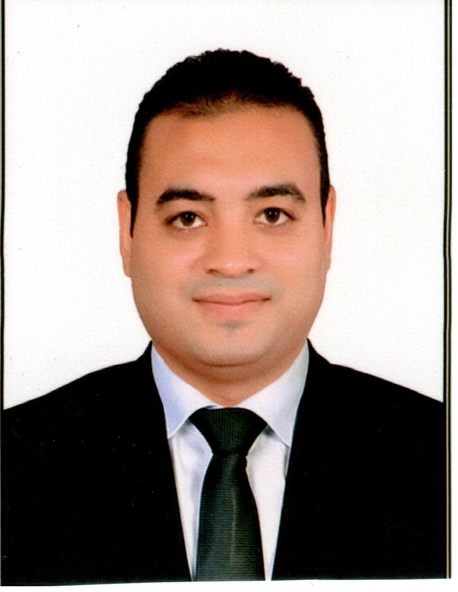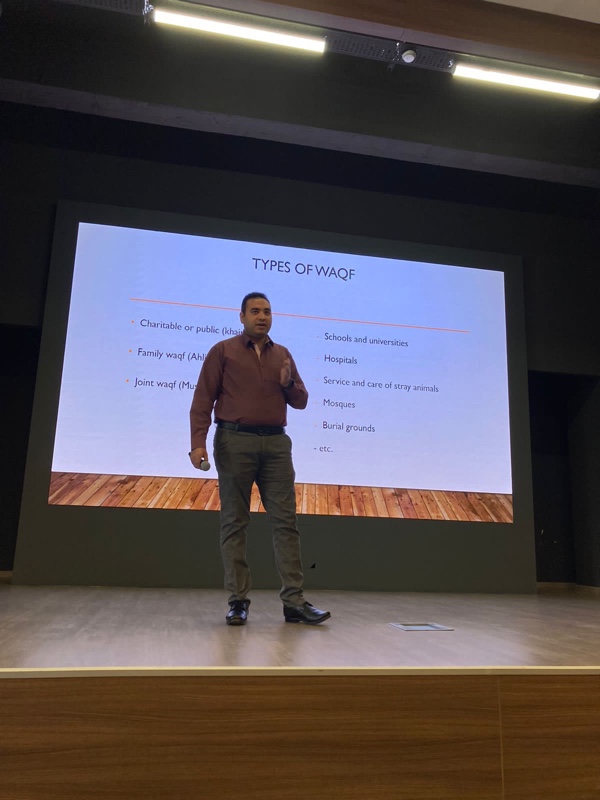This interview has been published by Prabhjot Singh, Priyanka Karwa and The SuperLawyer Team

How would you describe your job and yourself to a ten year old?
I would explain to him that I advise people to be aware of their decisions and actions. People must be aware of the consequences of these decisions and actions. It is an important job because I advise people how to treat each other on the basis of laws and regulations. Without my job, people might take the wrong decisions and/or do things that negatively affect their lives or others’ lives.
Why does corporate law attract so much attention? What makes it so unique?
In my opinion, corporate law has gained more attention in recent years because of the nature of human relations. People tend to gather because they need each other. This is the same for businesses, as people organise themselves to enter markets together. People need corporate law to ORGANISE themselves and interact with each other regarding their business.
Corporate law is challenging because it is complicated and needs clever attorneys to deal with its complexity. This tempts attorneys to enter this field to prove their capabilities.
In addition to what has been mentioned, corporate law pays well. This might be a reasonable explanation for why corporate law is becoming more popular with legal professionals.
What makes corporate law unique is the fact that it has a wide range and scope. It begins with the entity from the moment of its creation and even before that in some cases. It covers so many areas, such as investor interests, company management, managing the interests of people associated with the company and compliance with legal formalities.
As for professionals working in international law cases, they often say that the cases they’ve come across are quite complex; what’s your take on this?
That’s true. As a legal professional who deals with cross border law cases, in most cases I have to deal with multiple laws, which may indicate differences in the legal interpretation and/or application of such laws. Not to mention the interpretation of the words in the laws themselves.
The differences in legal terms, culture, procedures in international law cases and the multi-jurisdictions that may apply to just one international case make it challenging for me and for other international legal professionals.
Managing the expectations of an international client means another level of difficulty. You must always be accessible to your client, but, due to differences in time zones, you may not be able to answer the client immediately.
What I usually do if this happens and I cannot answer the client immediately, is that I send him a message or a confirmation that I have received his messages or emails and indicate that I will reply to him as soon as possible.
Other aspects that may contribute to the complexity of international law cases are the need for travel outside your country, translations, shipping and receiving international couriers, discoveries, and the procedures of tribunals/courts.
In international organisations and international public law, things tend to be easier, because my work with these clients does not normally require litigation. Usually, I have to prepare international agreements between international organisations and other actors in the area of public international law or offer public international law actors my legal opinion.
Having said that, I want to add that I love to work internationally, despite all the complexities and difficulties associated with international cases, because it really gives you an opportunity to show your skills and capabilities and challenge yourself.
What can be the challenges working in the field of law?
Handling the workload, finding a balance between work and your private life, making good connections, showcasing yourself and your work, and keeping up with the latest advancements and technology may also be challenging, but a key to success at the same time.
What is the difference between legal content and legal writing? How can professionals work on both sides to improve their game?
Well, this is a very important question. Indeed, legal content is different from legal writing in many ways. One of them is that the audience is different for each, as follows:
- The audience in legal content: When you write legal content, you have to bear in mind that your audience are often people who know little about the law. You have to explain things clearly, to make sure that they understand what you want to say. You should not use abbreviations or complicated legal terms, nor refer to case law or other external court documents and verdicts that may confuse your audience. Keep it simple.
- The audience in legal writing: Your audience here are specialised legal professionals. You have to be totally professional, adhering to a specific writing structure, such as IRAC and/or using writing styles such as the ‘Blue Book’. Use legal terms with these audience and of course you have to refer to case law or legislation to prove your point.
- The goals and objectives are also different in each case. The main goals with legal content are raising awareness, marketing and building up your client base, and/or sharing thoughts regarding legal issue, while the main goals and objectives with legal writing are to address a legal issue in a scientific and professional way, to explain and prove your points regarding legal issues, and/or abiding with the formalities that are required in court.
Having clarified some important differences between legal content and legal writing, I want to emphasise that it is highly recommended for legal content to be written by an attorney, a legal professional or at least someone who has a legal education or background. The reasons for this are the following:
- Protecting your brand and reputation: Legal content contains legal information, so imagine if someone who knows nothing about legal content writes something that contains false or outdated legal information!
- If this happens, your credibility and reputation will be ruined and people will not trust your advice anymore. Beware of this please and do not make such a mistake.
- Being responsible: It is true that providing legal content to the public doesn’t constitute an attorney-client relationship nor an attorney-client privilege, but you are morally responsible for the content. This content may be used as a reference or it may influence someone’s decisions or actions. Thus, it needs to be written by an attorney, a legal professional or at least they must review it very carefully before its publication.
- Preparing legal content is not an easy job. Searching through legal documents, laws, legislation and case law is hard work and requires a high level of legal education. Search engines dedicated to the law, such as Westlaw, LexisNexis and others, are vital when it comes to legal searches, and unfortunately it is very difficult for non-legal professionals to use these engines properly.
So, it is highly recommended, if not a must, that legal content be written by an attorney, legal professional or at least someone with a legal education or background.
What was your topic of research for your LLM [Master of Laws]? What prompted you to undertake that topic for your research?
I did my LLM in International Law at the College of Law, Stetson University in the USA. The title of the research paper was ‘Ensuring Respect for International Humanitarian Law: Appointing Legal Advisors to Commanders in the Armed Forces’.
I decided to research this topic because I believe that legal advisors can play a vital role in times of both peace and war. In my opinion, everyone needs a legal advisor to help him/her take the right decisions and actions; thus, access to legal aid should always be one of our human rights.
What would your parting message be to all these young budding lawyers?
It was nice talking to you and I would like to tell you guys that you should believe in yourselves, be proud of being lawyers, and do not forget to give back by pro bono or in any way you can.
Get in touch with Mohamed Elamin Mohamed-


























